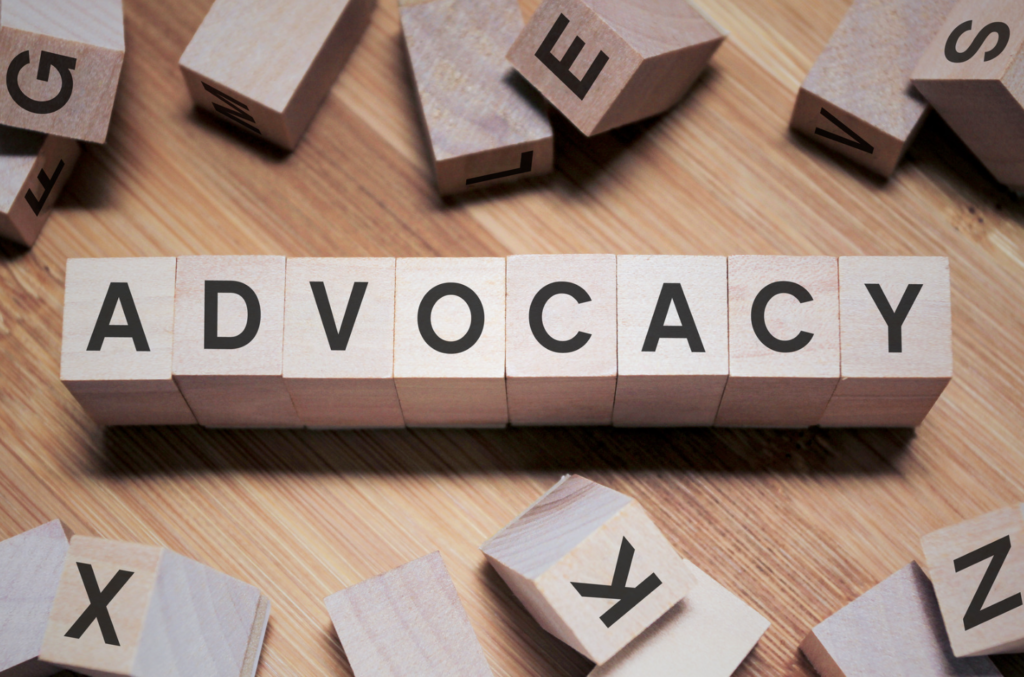Advocacy
July 6, 2024
Clothes, Food
This letter will show you how one of my clients seeked for guidance on how to advocate for her child and how I was able to help her
Disclaimer: The advice provided in this blog is based on evidence-based practices and reflects how I would handle the described situations. Please note that individual circumstances can vary greatly. It is important to consider seeking local professional mental health assistance if you notice persistent signs of distress, behavioral changes, or any other indications that professional support may be needed.
Dear Joseph,
I hope this letter finds you well. I am writing to seek your guidance and insight regarding a recent incident involving my child, Beca, at school. Last week, Beca was falsely accused of taking another student’s belongings, which led to a rather distressing experience for both of us.
After receiving the call from the school, I arranged a one-on-one meeting with the principal to address the situation. During the meeting, I felt a mix of emotions – anger, frustration, and a deep sense of protectiveness towards my child. I made sure to present all the facts and defend Beca adamantly, as I knew they were innocent. The principal was understanding and professional, but the whole ordeal left me questioning whether I handled the situation in the best possible way.
Now that I have had some time to reflect, I am uncertain if my approach was entirely appropriate. I was very emotional during the meeting, and I wonder if my intensity might have hindered a more collaborative discussion. I was focused on defending my daughter, but perhaps I should have also spent more time listening to the principal’s perspective and working together towards a resolution.
I am reaching out to you because I value your expertise in navigating such complex and emotionally charged situations. Did I approach the meeting with the right mindset, or are there strategies I could have employed to make the discussion more effective? How can I better manage my emotions in the future to ensure a more balanced and productive conversation?
Your advice and support have always been invaluable to me, and I believe that with your guidance, I can learn to handle similar situations more effectively. I am committed to being the best advocate for my child while also fostering positive relationships with the school staff.
Thank you for taking the time to read my letter. I look forward to hearing from you and benefiting from your wisdom once again.
Warm regards,
Sarah

RESPONSE
Dear Sarah,
First and foremost, congratulations on advocating so passionately for Beca. It’s clear from your letter that you approached the situation with a deep sense of care and commitment to your child’s well-being, which is commendable.
I want to validate all the emotions you experienced during that meeting – anger, frustration, and protectiveness are all natural responses when defending our loved ones. It’s completely normal to feel a range of intense emotions in such circumstances.
Regarding your concern about how you came across during the meeting, please don’t be too hard on yourself. Principals and school staff are accustomed to dealing with a variety of situations and emotions from parents. If this incident isn’t a common occurrence for you, what might have felt like a strong reaction on your part could have been seen as genuine concern and advocacy from their perspective.
You mentioned feeling like you might have “catastrophized” the incident in your mind, especially using the word “ordeal.” It’s understandable to perceive such situations as overwhelming, especially when they involve our children. Moving forward, taking some time to analyze the situation calmly might help you see it in a less complex light, possibly as a simple misunderstanding rather than a larger ordeal. Your insight about showing Beca how to simplify and not catastrophize incidents is incredibly valuable. Teaching her these skills will undoubtedly help her manage her emotions and reactions in challenging situations.
Looking ahead, involving Beca in conversations like the one you had with the principal can be a powerful learning experience for her in self-advocacy. It shows her how to navigate difficult situations with assertiveness and resilience, which are crucial life skills. In terms of strategies for future interactions, consider balancing your advocacy with active listening and collaboration. Acknowledging the perspectives of others while asserting your position can often lead to more constructive discussions and resolutions.
Sarah, you’re already doing a fantastic job as Beca’s advocate. Trust in your instincts, continue to learn from each experience, and remember that seeking guidance when needed, like you have done here, shows your dedication to growth and improvement.
Warm regards,
Joseph
Post Tags:
Clothes, Food
About Us
I hold certification as a life coach and in child and adolescent psychology. Before entering the field of psychology, I came from a customer service background with postgraduate studies in foreign languages and literature. A great deal has changed since then, and while in my younger years, had anyone even suggested spending my life with children as the focus of everything that I do, I would have called him crazy, And yet here we are.

